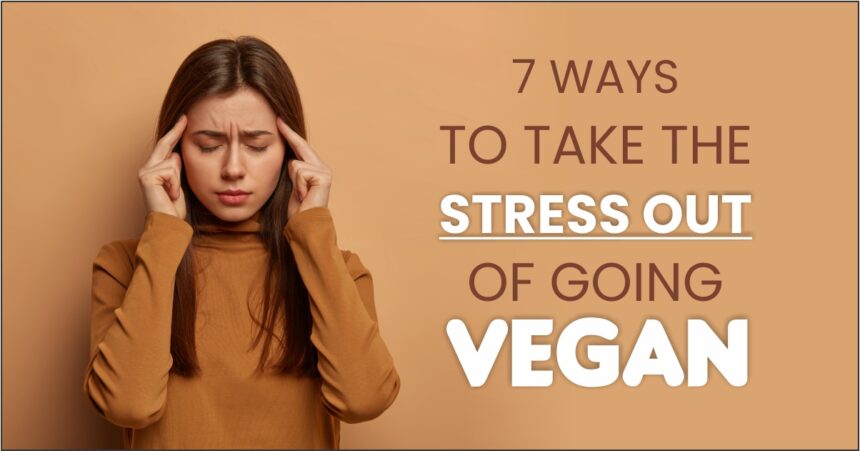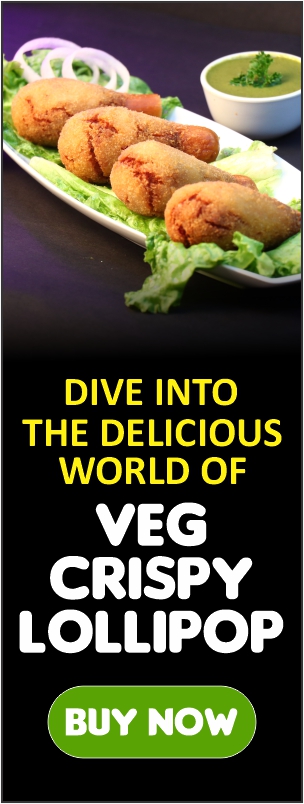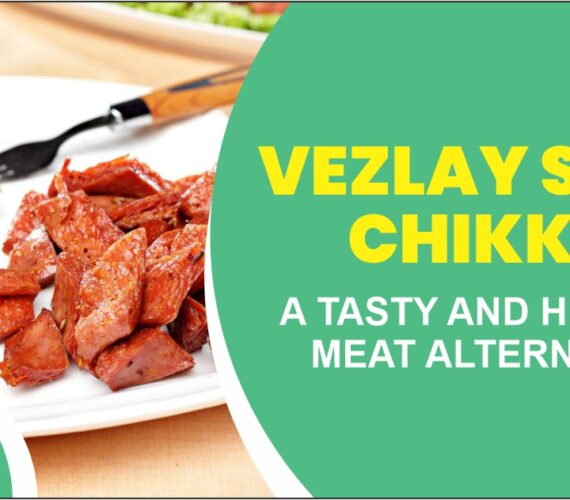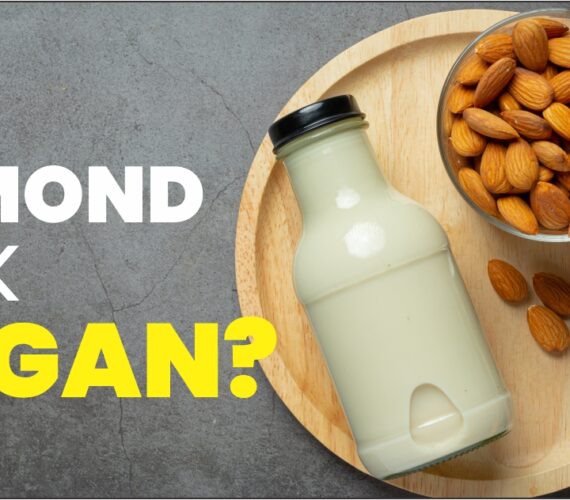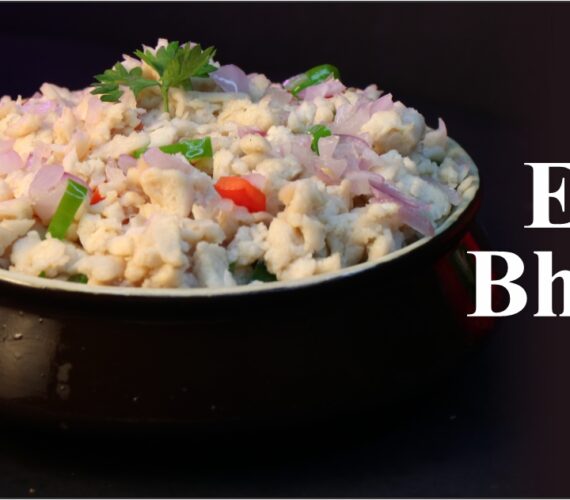Introduction to Going Vegan
The decision to go vegan is a transformative journey that many individuals embark on for various reasons, including ethical concerns, health benefits, and environmental impact. However, transitioning to a vegan lifestyle can be intimidating and stressful, especially if you’re used to a diet that includes animal products. In this article, we’ll explore 7 ways to take the stress out of going vegan and make the transition as smooth as possible.
Understanding the Benefits of a Vegan Lifestyle
Before delving into the practical aspects of going vegan, it’s essential to understand why this choice can be so beneficial. A vegan diet is not only kinder to animals but also offers numerous health advantages, such as reduced risk of heart disease and lower cholesterol levels. Additionally, it has a positive impact on the environment, reducing greenhouse gas emissions and land usage. Knowing these benefits can help motivate you through the transition.
Also Check :- Vezlay Veg Chicken
Going vegan can be a big change, and it’s normal to feel a little stressed about it. But don’t worry, there are plenty of things you can do to make the transition easier. Here are seven tips:
- Start slowly. You don’t have to go vegan overnight. Start by making small changes, such as having one vegan meal per day or cutting out certain animal products, such as meat or dairy. This will give you time to adjust to your new diet and figure out what works best for you.
- Plan ahead. Meal planning and preparation can help ensure that you always have healthy and delicious vegan meals on hand. This is especially important if you’re busy or have a lot of social engagements. There are many vegan cookbooks and websites that can give you inspiration.
- Do your research. It’s important to understand the nutritional needs of a vegan diet so that you can make sure you’re getting all the nutrients you need. There are many resources available online and in libraries that can help you learn more about vegan nutrition.
- Be flexible. There’s no one right way to be vegan. Don’t beat yourself up if you make a mistake or have to eat something non-vegan on occasion. Just pick yourself up and keep going.
- Find a support system. Having friends and family who support your decision to go vegan can make a big difference. There are also many online and in-person vegan communities where you can connect with other people who are on the same journey.
- Don’t be afraid to ask for help. If you have any questions or concerns, don’t be afraid to ask for help from a registered dietitian, other vegan, or vegan organization. There are many people who are happy to help you make the transition to veganism as smooth as possible.
- Remember why you’re doing it. When things get tough, it’s important to remember why you decided to go vegan in the first place. Whether it’s for your health, the environment, or the animals, keep your goals in mind.
Here are some additional tips that may help you reduce stress as you transition to a vegan diet:
- Make vegan meals that you love. There are many delicious and easy-to-make vegan recipes available online and in cookbooks. Experiment with different recipes until you find ones that you and your family enjoy.
- Don’t be afraid to use vegan convenience foods. There are many healthy and convenient vegan products available, such as frozen meals, snacks, and meat substitutes. These products can be a great way to save time and energy in the kitchen.
- Don’t be afraid to eat out. There are many more vegan options available at restaurants than ever before. You can also check out vegan restaurants in your area.
- Be patient with yourself. It takes time to adjust to any new diet. Don’t get discouraged if you make mistakes or have cravings. Just keep going and you’ll eventually get the hang of it.
Going vegan can be a rewarding experience, and it doesn’t have to be stressful. By following these tips, you can make the transition easier and more enjoyable.
Exploring Vegan Restaurants and Products
Exploring vegan restaurants and products can be an exciting part of your journey. Many restaurants now offer a range of delicious vegan options. Additionally, the availability of vegan products in stores has grown significantly in recent years. Try out new foods and discover your favorites. Vezlay Food products is one of the best vegan food products which are healthy and tasty to eat. Vezlay Foods manufactures so many food products which are ready to eat products. You have to just grill either fry and then it ready to eat products.
Staying Committed to Your Vegan Journey
To stay committed to your vegan journey, it’s essential to stay informed and maintain a positive attitude. Keep up with the latest developments in veganism, such as new products or recipes. Surround yourself with supportive friends and communities that share your values.
Are Vegans More Stressed?
The relationship between a vegan diet and stress is a topic that has sparked considerable debate. Some argue that a vegan lifestyle, which eschews all animal products, can lead to higher stress levels due to potential nutritional deficiencies and societal challenges. However, it’s important to examine this claim in a balanced and evidence-based manner. In this article, we will explore the factors associated with stress in vegans and offer a nuanced perspective on the matter.
Nutritional Concerns
One of the key arguments against veganism and its potential link to stress revolves around nutritional concerns. Critics suggest that vegans may face deficiencies in essential nutrients, such as vitamin B12, iron, and omega-3 fatty acids, which can negatively impact mental health. However, it’s crucial to note that vegans can meet their nutritional needs through careful planning and supplementation.
Vitamin B12: A deficiency in vitamin B12 can lead to anemia, fatigue, and even mood disturbances. Vegans can obtain this essential nutrient through fortified foods or supplements.
Iron: Plant-based sources of iron, such as beans, lentils, and spinach, are abundant. Combining them with vitamin C-rich foods can enhance iron absorption.
Omega-3 Fatty Acids: Vegans can obtain omega-3s from sources like flaxseeds, chia seeds, and walnuts, or by taking algal oil supplements.
Societal Challenges
Vegans often face societal challenges that may contribute to stress. These challenges include dining out difficulties, family and social pressure, and a lack of vegan options in certain regions. Coping with these challenges can indeed be stressful. However, as the popularity of veganism continues to rise, these challenges are gradually becoming less significant.
Coping Strategies
To mitigate stress, vegans can employ various coping strategies:
Education: Understanding the nutritional requirements of a vegan diet is crucial. Vegans should educate themselves about food choices and nutrient-rich options.
Community Support: Joining local or online vegan communities can provide a support system and help vegans connect with like-minded individuals who understand their lifestyle.
Meal Planning: Careful meal planning can reduce the stress associated with finding suitable vegan options when dining out or traveling.
Advocacy: Advocating for veganism and raising awareness about the benefits can help normalize the lifestyle, making it more accessible and acceptable in society.
Conclusion
Going vegan is a significant life choice that offers benefits to your health, the planet, and animal welfare. By setting clear goals, understanding vegan nutrition, and overcoming common concerns, you can transition smoothly into a vegan lifestyle. Explore delicious recipes and discover vegan restaurants and products to make your journey enjoyable. Remember that staying committed and informed is the key to a successful vegan lifestyle.
The claim that vegans are more stressed is not entirely accurate. While there may be unique challenges associated with a vegan lifestyle, with proper planning and support, vegans can lead a healthy and relatively stress-free life. Nutritional deficiencies can be addressed through supplementation and a balanced diet, and societal challenges are gradually diminishing as veganism gains momentum. Ultimately, whether one is vegan or not, managing stress is a universal concern that can be addressed with healthy lifestyle choices and effective coping strategies.
FAQ's
1. Is it difficult to get enough protein on a vegan diet?
Getting enough protein on a vegan diet is not difficult at all. There are plenty of plant-based protein sources available, including beans, tofu, and nuts.
2. Do I need to take any supplements as a vegan?
Vegans should consider taking vitamin B12 and possibly other nutrient supplements to ensure they meet their dietary requirements.
3. How can I deal with social challenges when going vegan?
Dealing with social challenges when going vegan can be challenging. It’s essential to communicate your reasons and needs to friends and family and seek support from vegan communities.
4. What are some easy and delicious vegan breakfast options?
Easy and delicious vegan breakfast options include smoothie bowls, oatmeal with almond butter and berries, and avocado toast.
5. Are there any vegan alternatives to traditional dairy products?
Yes, there are many vegan alternatives to traditional dairy products, including almond milk, soy milk, and coconut yogurt, which are readily available in most grocery stores.
In conclusion, taking the stress out of going vegan involves careful planning, understanding nutrition, and finding support from like-minded communities. By following these seven ways, you can smoothly transition to a vegan lifestyle and enjoy its numerous benefits.

